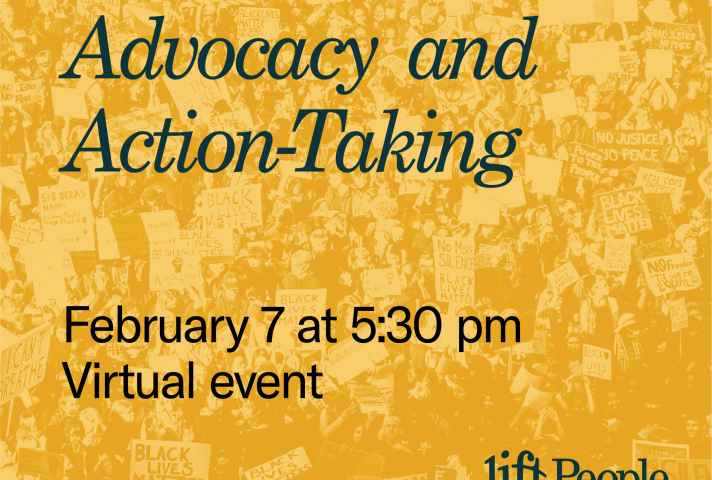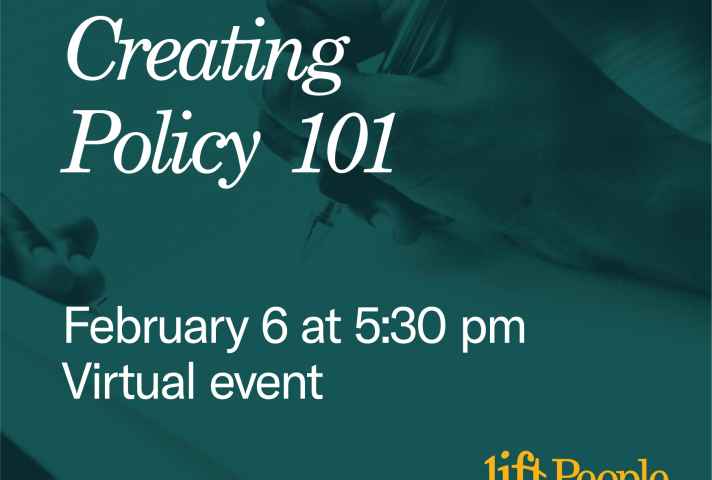Join the Give Your Story Power workshop to learn how to use your voice for change.
Participants will be given support to hone their personal stories of injustice to best influence policy outcomes. This will be an advanced behind-the-scenes look at how sharing powerful stories and lived experience can move legislators and influence policy, with tips and tricks on storytelling.
For any questions please contact [email protected].
Event Date
Wednesday, February 8, 2023 - 5:30pmFeatured image


